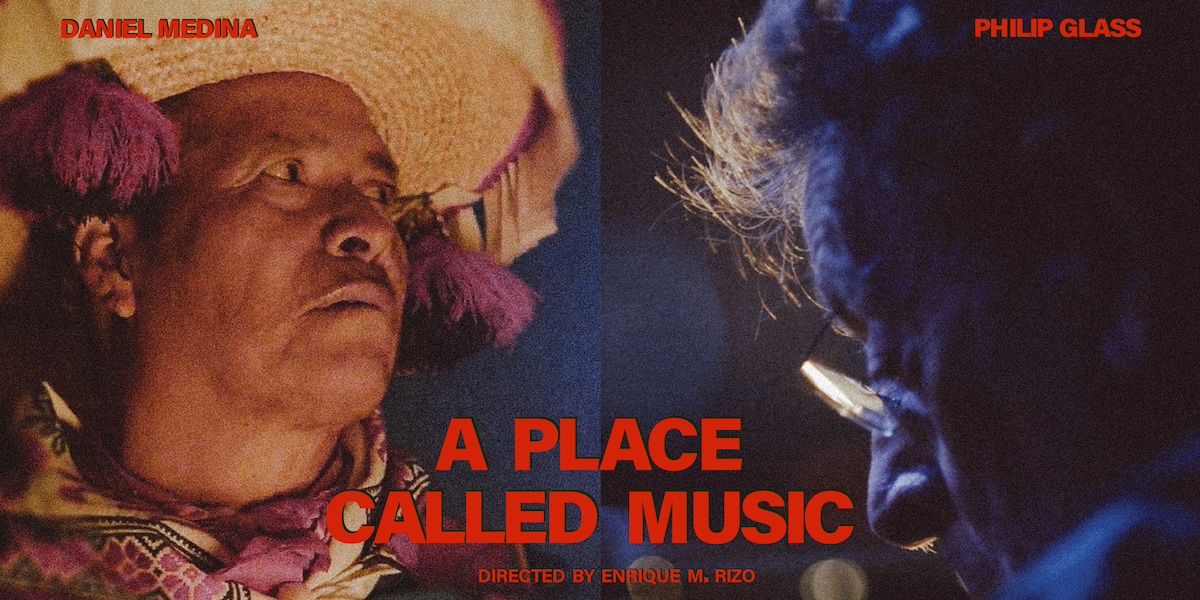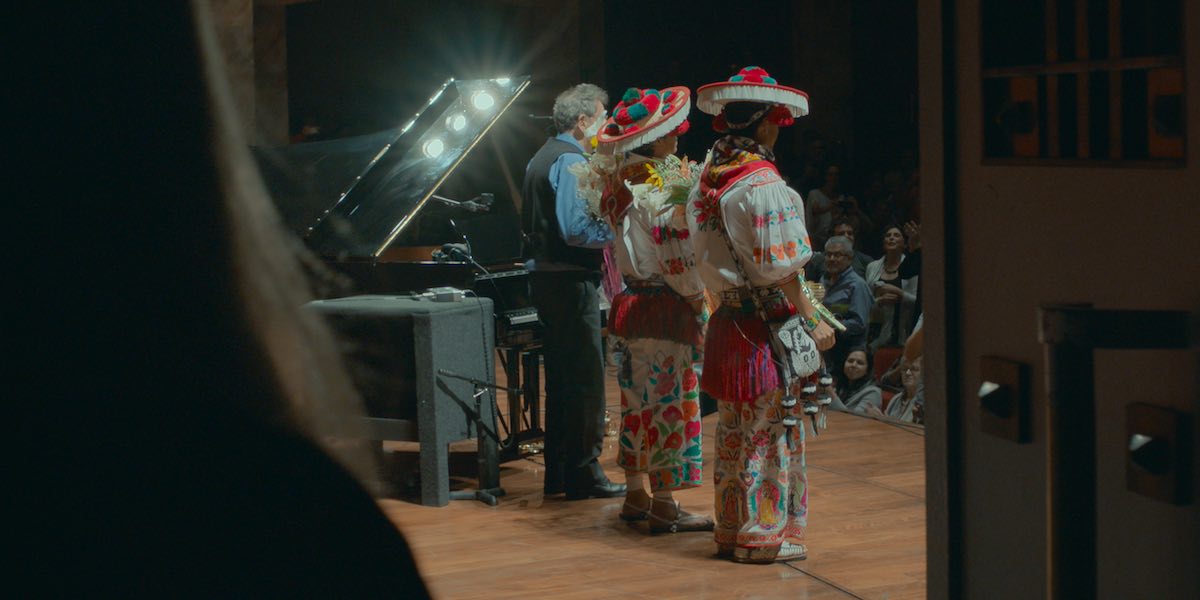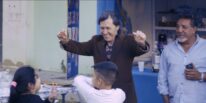With Daniel Medina de la Rosa, Philip Glass, Víictor Sánchez, Leo Heiblum, Orly Beigel
A captivating documentary that explores the unexpected bond between Daniel Medina, a traditional Wixárika violinist from the mountains of Jalisco, Mexico, and Philip Glass, one of the most influential composers of our time.
Despite their apparent differences, Daniel and Philip find common ground through music, embarking on a unique collaboration that merges Wixárika tradition with contemporary composition. Through rehearsals and performances in iconic venues across Mexico and New York, the film showcases the fusion of Daniel’s ancestral melodies with the grand piano, marking a groundbreaking moment in musical history.
Despite language barriers, their music becomes a universal language, creating a shared space where their spirits connect and resonate with each other.






